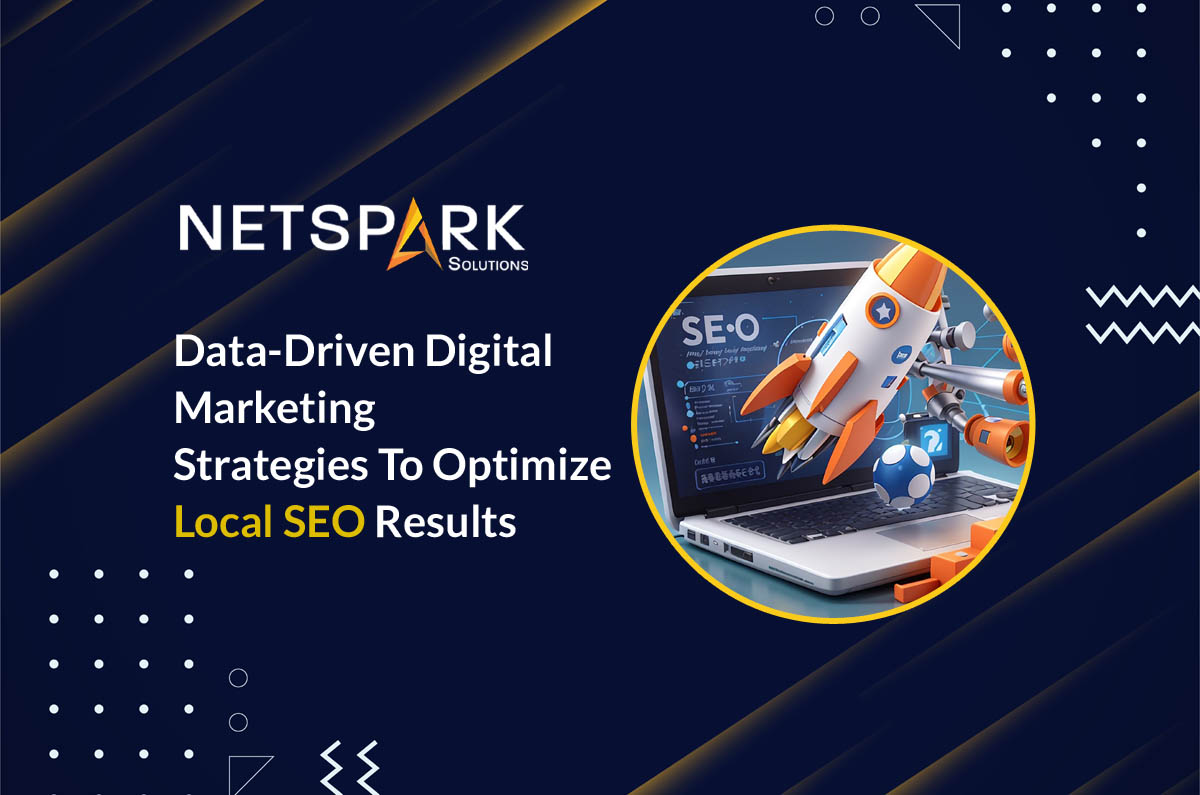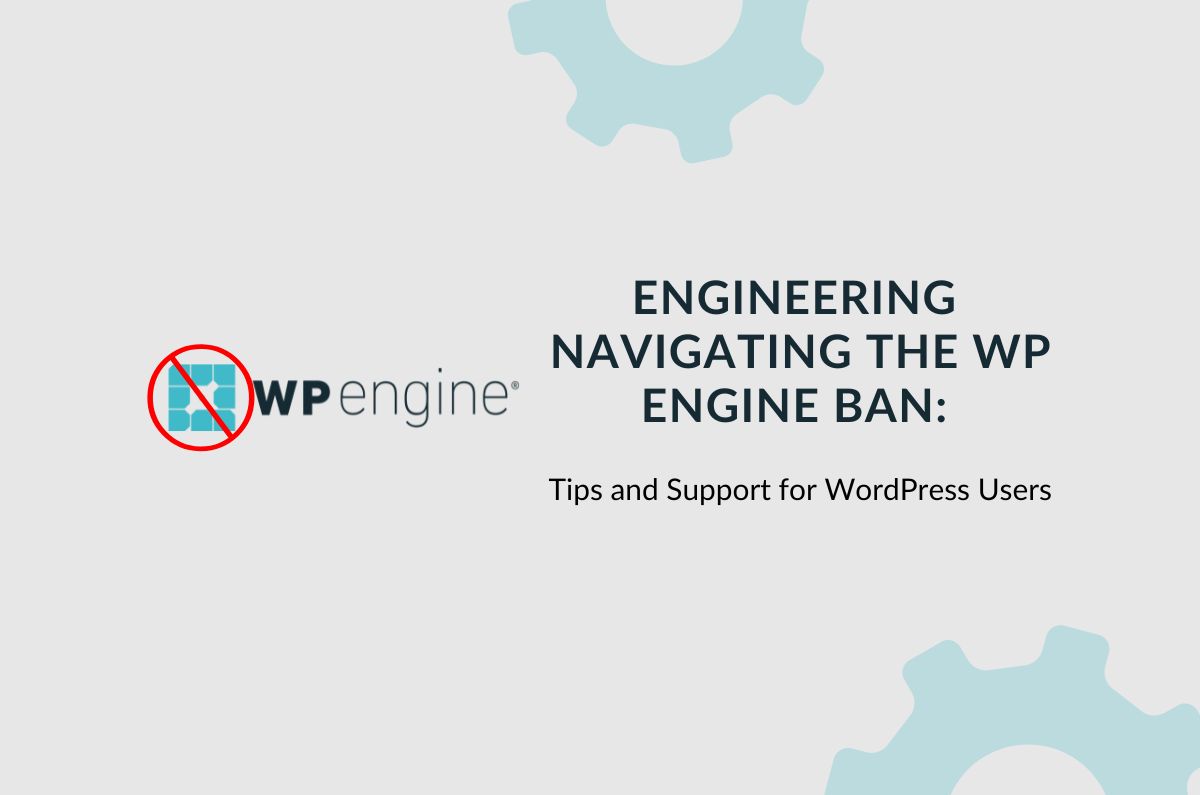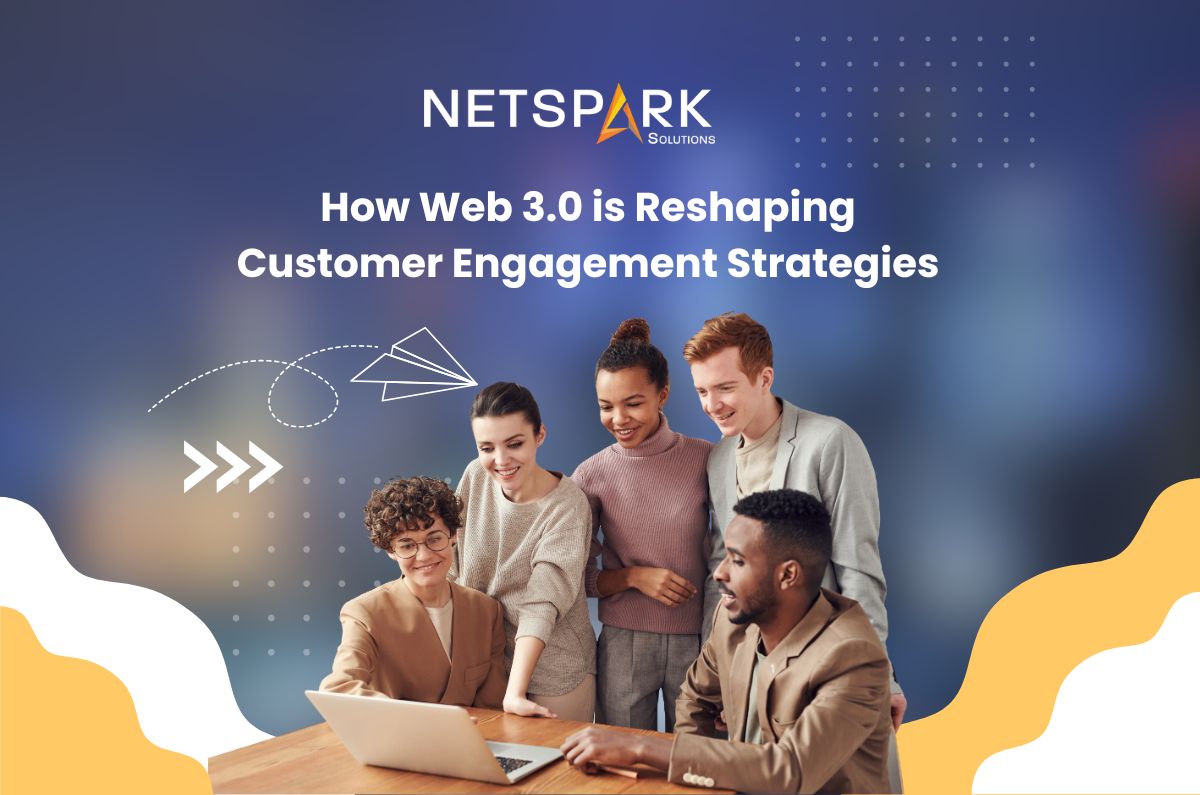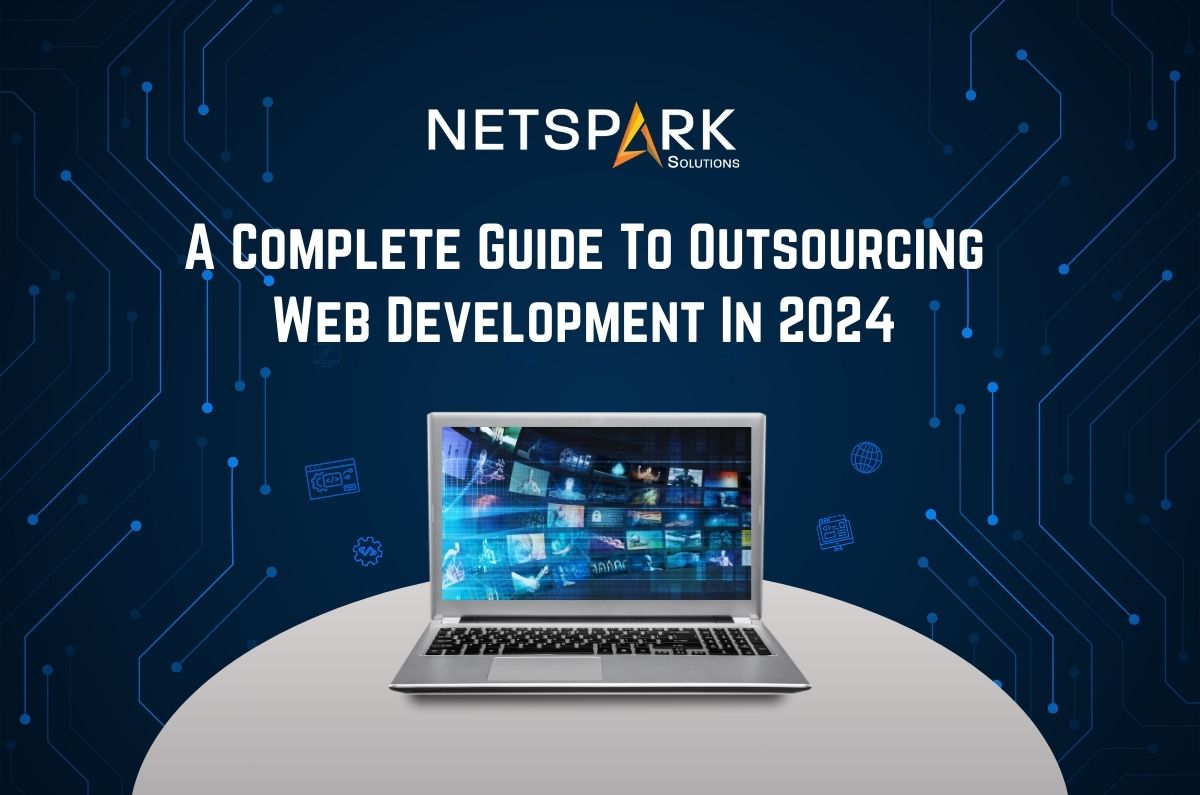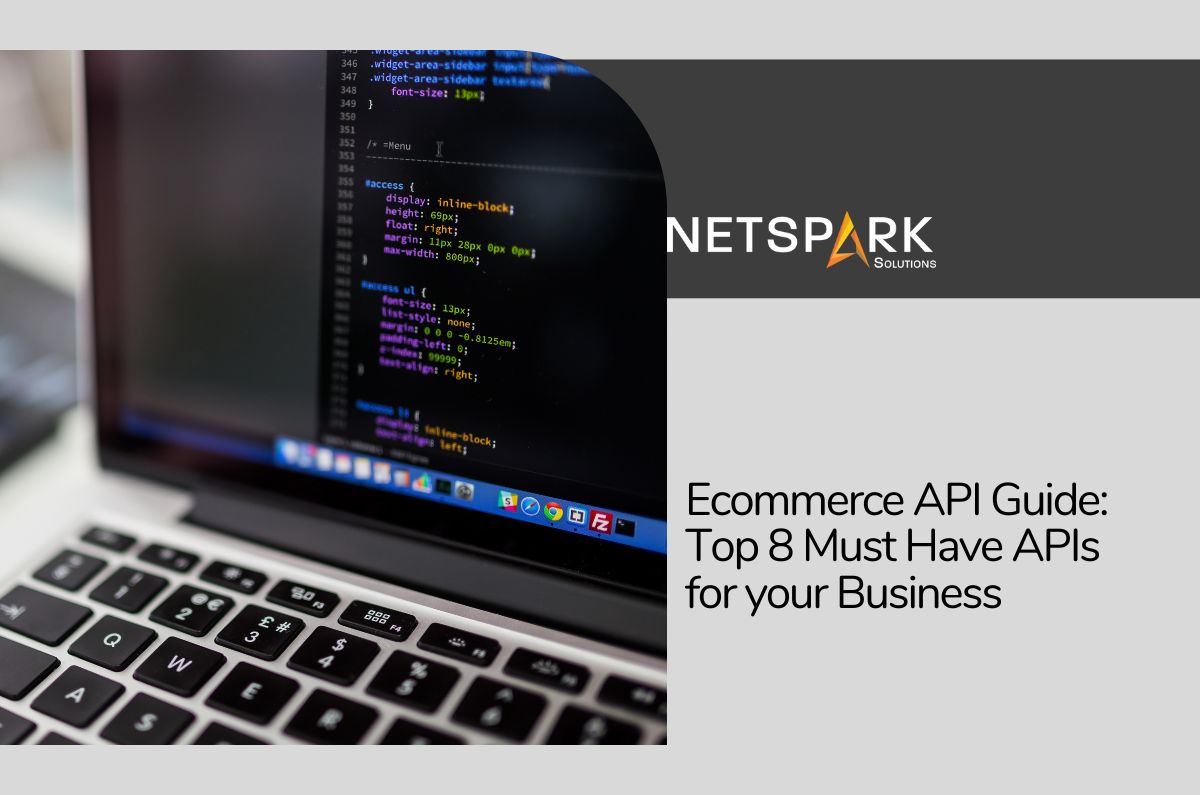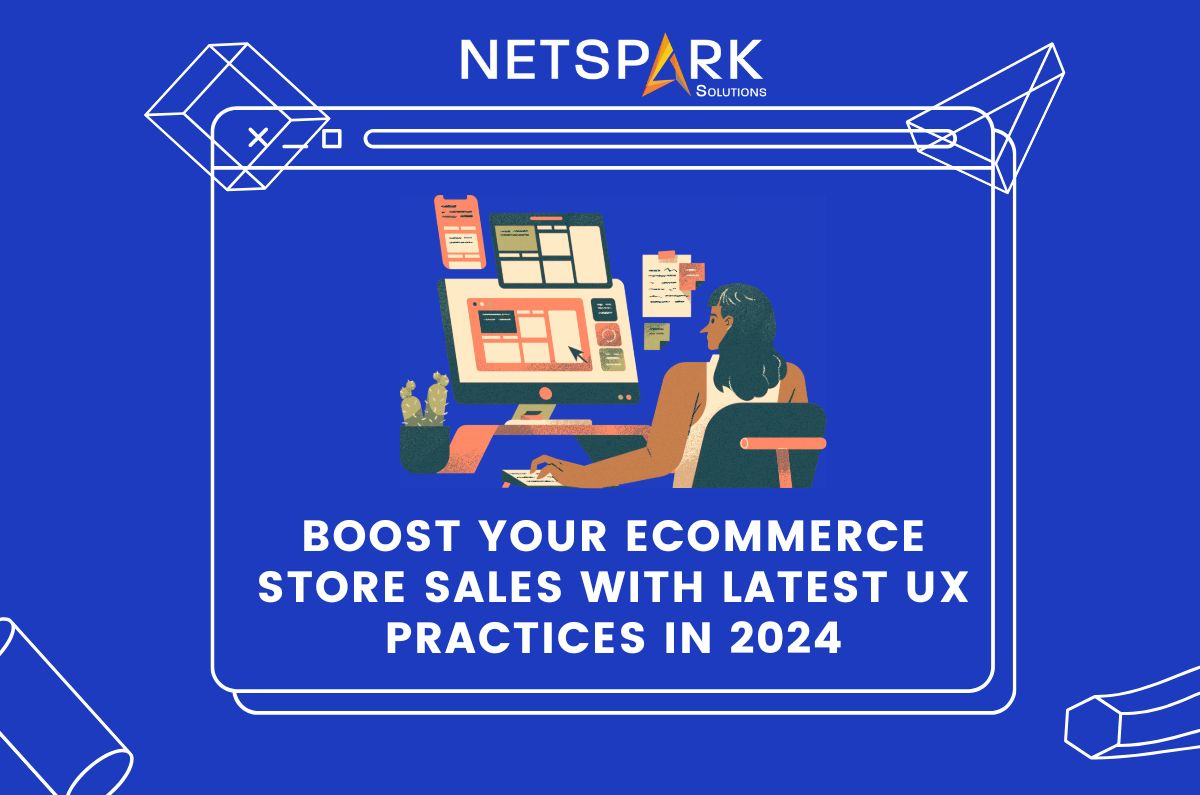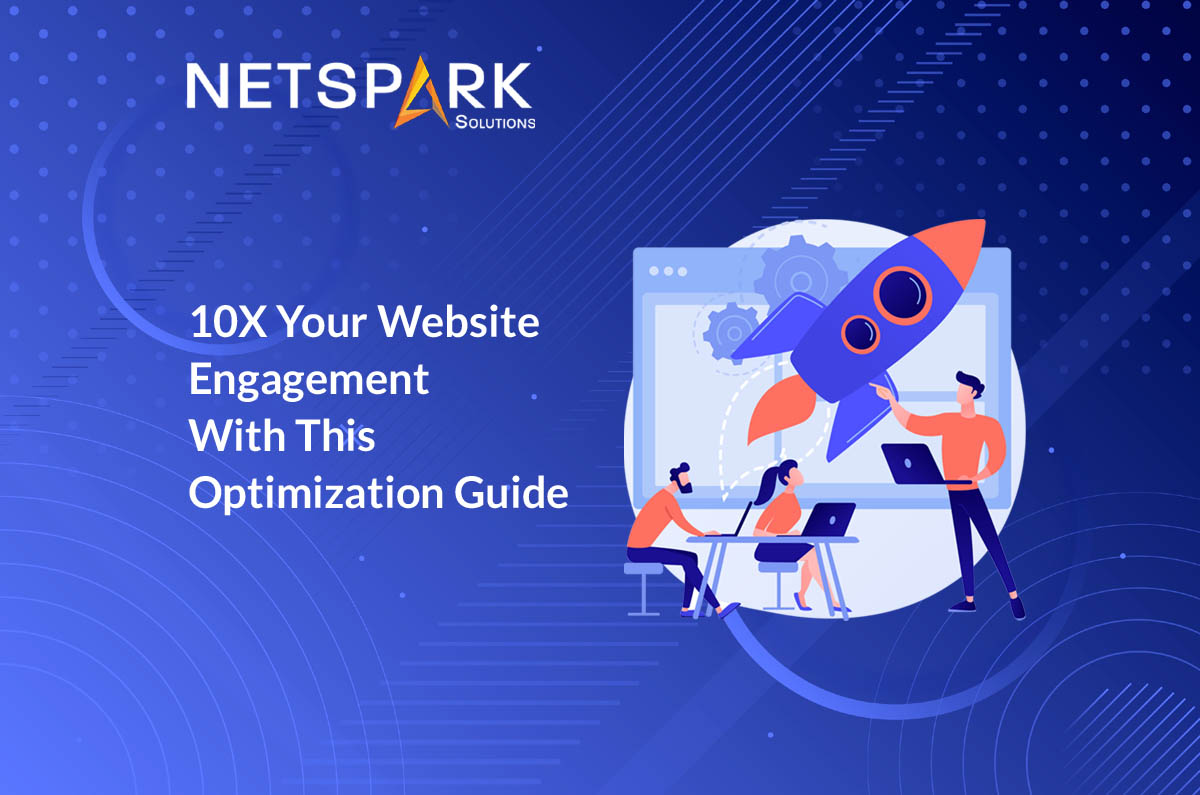Local SEO is an ever-evolving landscape – with new strategies always making it to the surface. As local businesses continue to grow beyond conventional marketing strategies, these local SEO tactics have gained more and more significance.
As a local business, you can’t solely rely on quality content to grow your business, attract new leads, and drive higher conversions. In the ever-evolving landscape of digital marketing, leveraging data-driven strategies is no longer an option but a necessity. For businesses aiming to enhance their local SEO results, harnessing the power of data is a game-changer.
Of course, it’s crucial that you implement strategies that are backed by data. These data-driven and time-tested marketing strategies will help you get ahead of the local competitors and improve brand awareness as well.
To help you along the way, we have compiled a detailed guide with data-driven digital marketing strategies to improve your local SEO profile and get more local customers.
So, without any further ado, let’s dive in.
1. Understanding Local Audience Insights
Local SEO begins with a deep understanding of your target audience. To achieve this, leverage data analytics tools that provide invaluable insights into local customer behavior, preferences, and demographics. By scrutinizing the data, you can uncover trends and patterns specific to your local audience.
This knowledge allows you to tailor your content and marketing strategies to align seamlessly with the needs and expectations of your local customers. For instance, identifying popular search queries and local keywords enables you to optimize your website content for increased visibility in local search results. Moreover, understanding the demographic makeup of your local audience allows for the creation of more personalized and relevant marketing campaigns.
This level of precision ensures that your business resonates with the community, fostering a stronger connection and increasing the likelihood of conversions. Ultimately, by investing time and resources in comprehending local audience insights, you position your business to not only navigate the nuances of the local market effectively but also to thrive and maximize your return on investment.
2. Keyword Research and Optimization
Comprehensive keyword research is crucial for local SEO success. With the right keywords, you can optimize your website to reach the right audience. Tools such as Ahrefs, SEMRush, and Uber Suggest are several reliable platforms for finding the most potential keywords for your website. Based on your business niche, you may choose transactional, informative, navigational, or branded keywords. If you want to stand out from the competitors, choosing the right branded keywords will be a crucial step towards boosting your success.
All these tools provide invaluable insights into search volumes, user intent, and the specific language your local audience uses to discover products or services. By delving into this data, you can pinpoint high-impact keywords that resonate with your target demographic.
Once identified, the next step involves the strategic incorporation of these keywords into various facets of your online presence. Optimize your website content, ensuring that it aligns seamlessly with the identified keywords. This optimization extends to meta tags, headers, and other on-page elements to enhance the relevance and visibility of your web pages in local search results.
Moreover, don’t overlook the significance of optimizing business listings on platforms such as Google My Business. Accurate and consistent inclusion of these keywords in your business profiles not only reinforces your online presence but also signals to search engines that your business is highly relevant to local searches.
3. Google My Business (GMB) Optimization
It’s no secret that all local businesses need a strong Google My Business profile to grow their business. A well-optimized GMB profile will not only help you reach the right customers, but it can also help general leads organically.
Ensure your GMB profile is complete, accurate, and up-to-date. Utilize data insights to identify high-performing keywords for your business description. Encourage satisfied customers to leave positive reviews, as they not only boost your reputation but also influence local search rankings.
Here are a few strategies to optimize a Google My Business profile:
- Fill out every section of your GMB profile comprehensively. Ensure that your business name, address, phone number (NAP), business hours, and website URL are accurate and up-to-date.
- Select the most relevant business categories for your GMB listing. This helps Google understand the nature of your business and improves the accuracy of your profile in local searches.
- Craft a compelling business description that concisely outlines your products or services. Use relevant keywords naturally to improve search relevance and provide potential customers with a clear understanding of what you offer.
- Regularly post updates, events, promotions, or any other relevant information through Google Posts. These posts appear in your GMB listing and in local search results, keeping your audience informed and engaged.
4. Content Localization
While content is not the only marketing tool local businesses need, it’s still one of the most crucial factors in improving your local SEO profile. Unlike a conventional business, your content needs to resonate with the local audience. Find out what’s buzzing locally using data – be it trending topics, upcoming events, or local news.
Shape your content around these insights to engage your neighbors. Speak directly to their interests and needs. This not only boosts interaction but also shows search engines that you’re a key part of the local scene. In essence, it’s about creating content that resonates with your community, making your business an integral part of the local conversation.
You may also choose to actively seek feedback and suggestions from your local audience, inviting them to participate in shaping your content. This collaborative approach not only strengthens community bonds but also ensures that your content remains authentic and resonant.
5. Local Link Building
Local link-building is a potent strategy for fostering the growth of local businesses by enhancing their online visibility, credibility, and authority within their geographic community. Local link building involves acquiring backlinks from locally relevant and authoritative websites. These local citations and backlinks signal to search engines that your business is connected to the local community, positively impacting your local search rankings. Higher visibility in local search results means more potential customers discovering your business.
Acquiring links from reputable local sources, such as local news websites, community organizations, or local business directories, builds authority for your business within the local context. This heightened credibility not only attracts potential customers but also fosters trust within the community.
Building local links also involves engaging with other businesses, organizations, and influencers in your community. This fosters partnerships and collaborations, leading to joint promotional efforts and shared audiences. Such community engagement can result in a network of support that contributes to sustained business growth.
Conclusion
To grow your local business, data-driven digital marketing strategies are the key to unlocking success. By understanding your audience, optimizing your online presence, and tailoring your efforts to local trends, you can position your business at the forefront of local search results. Embrace the power of data, and watch as your local SEO efforts transform into tangible business growth.
If you are not sure about which strategies cater to your business strategies, hire a professional digital marketing firm such as Net Spark Solutions. We have an in-house team of marketing strategists who specialize in local and comprehensive SEO practices to boost business growth.

